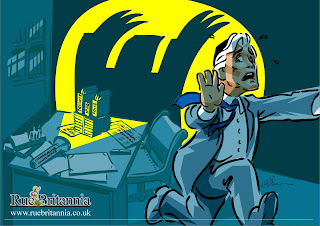Past modals, mmm, there are two main categories of the use of past modals: The first one is the past modals used for speculation and the second one is the ones used for regret.
Past Modals for speculation

When we are not very sure about what happened in the past, we use past modals. Watch out: if you are sure, you do not use modals, but simple past.
Example:
Present: Mario is supposed to be at home now. He hasn't arrived.
He must be at the university. He must have a meeting with his group members.
He may be at the university. He may have a meeting with his group members.
He might be at the university. He might have a meeting with his group members.
(have is a verb here not an auxiliary)
Formula: S + modal + be + C. / S + modal + do + C.
Past: Mario was supposed to be at home last night. He didn't arrive.
He must have been at the university. He must have had a meeting. (aprox. 95% certainty)
He could have been at the university. He could have had a meeting. (aprox. 65% certainty)
He may have been at the university. He may have had a meeting. (aprox. 30% certainty)
He might have been at the university. He might have had a meeting. (aprox. 25% certainty)
(have is an auxiliary, had is the past participle form)
Formula: S + modal + HAVE + been + C. / S + modal + HAVE + done + C.
Past Modals for Regret
When we did something and we feel it was wrong, we regret by saying we wanted the opposite.
When we didn't do something and we feel it was wrong, we regret by saying we wanted the opposite.

Example:
We did something wrong: We played video games all day. (Knowing that we had an exam.
Regret: We shouldn't have been irresponsible. We shouldn't have played video games.
(The opposite to reality --> negative sentence)
Formula: S + modal + been + C. / S + modal + HAVE + done + C.
We didn't do something: We didn't study for the test.
Regret: We should have been more responsible. We should have studied for the test.
(The opposite to reality --> affirmative sentence)
Formula: S + modal + been + C. / S + modal + HAVE + done + C.
No hay comentarios:
Publicar un comentario